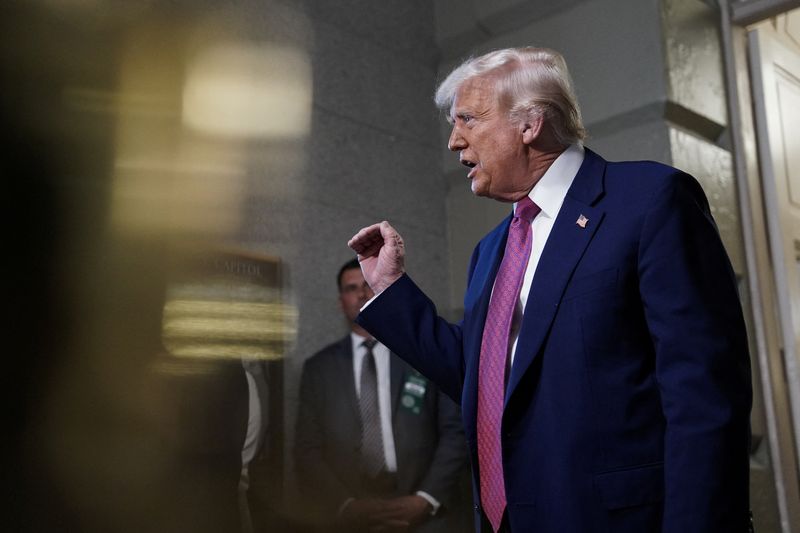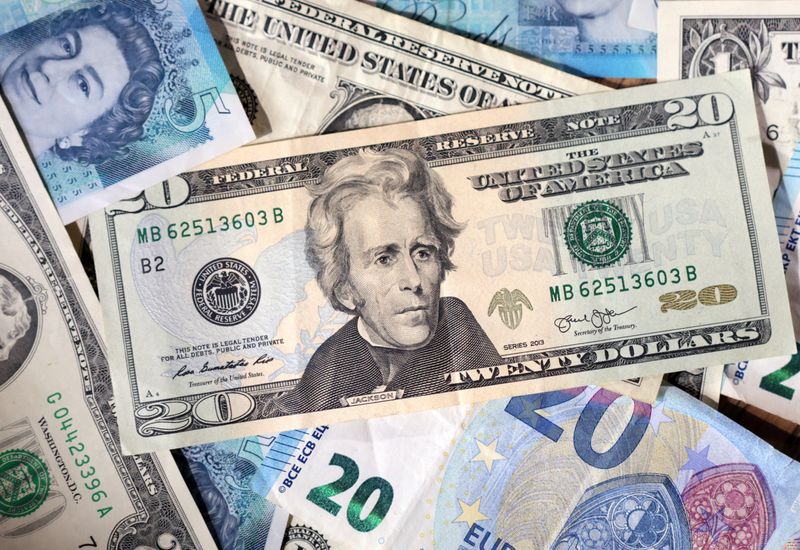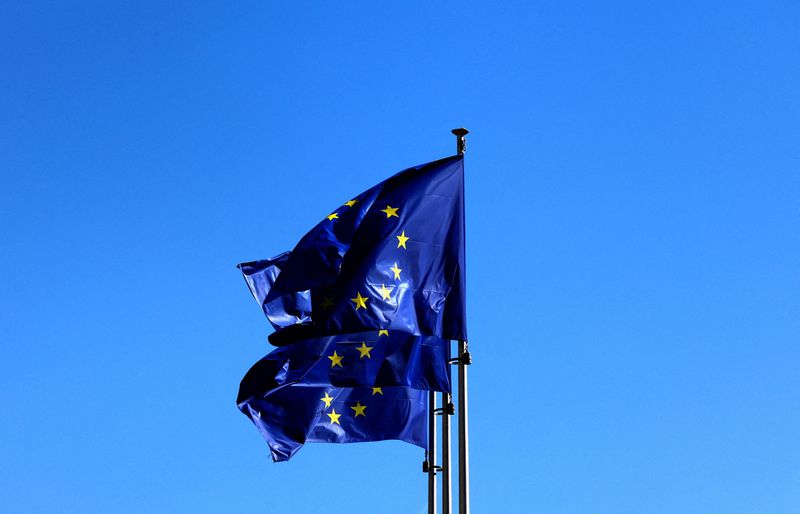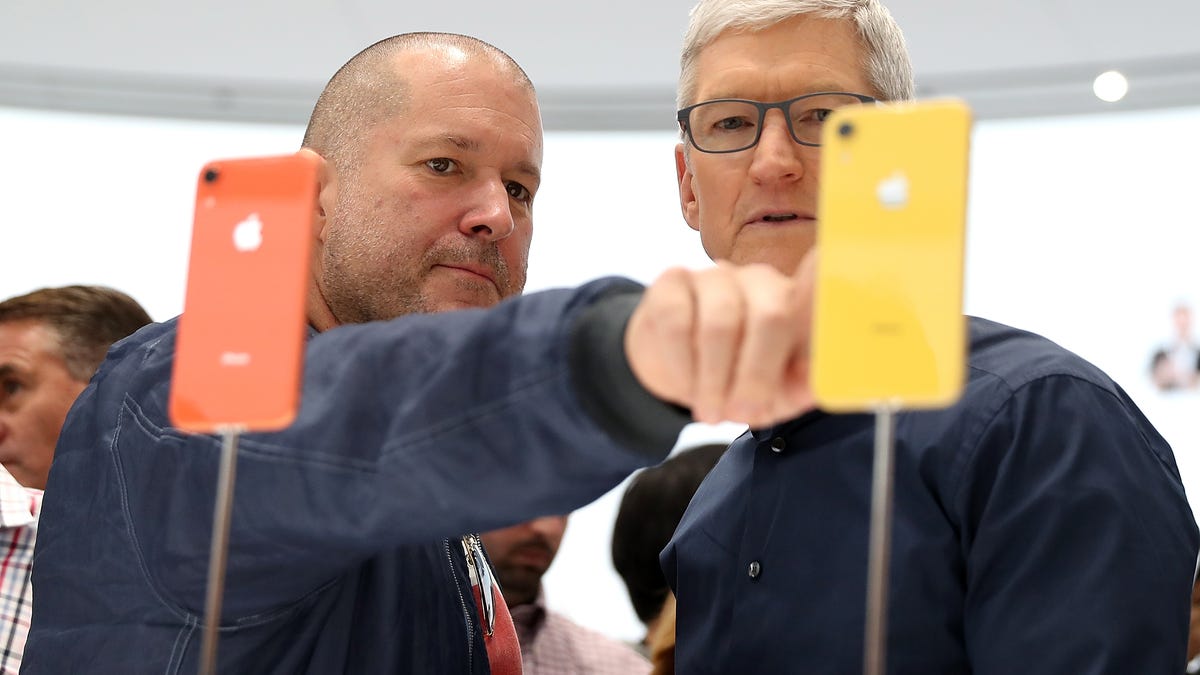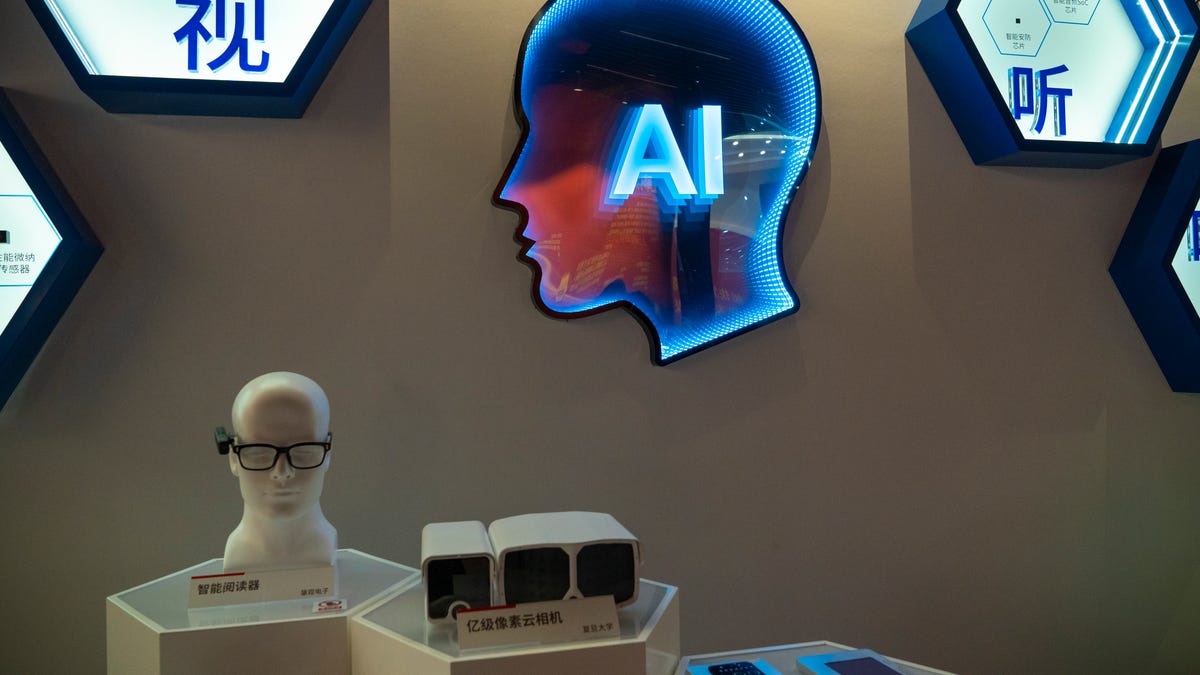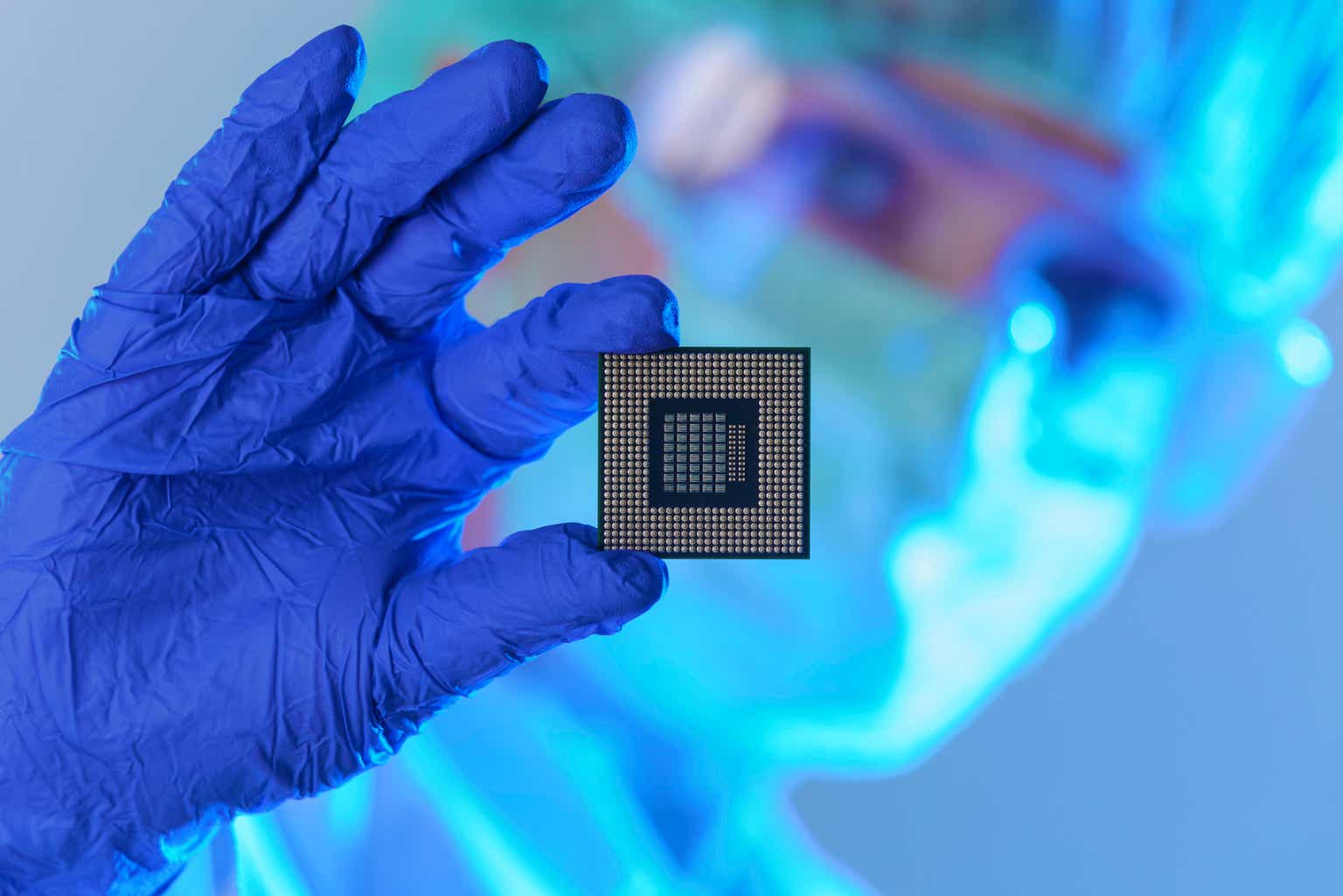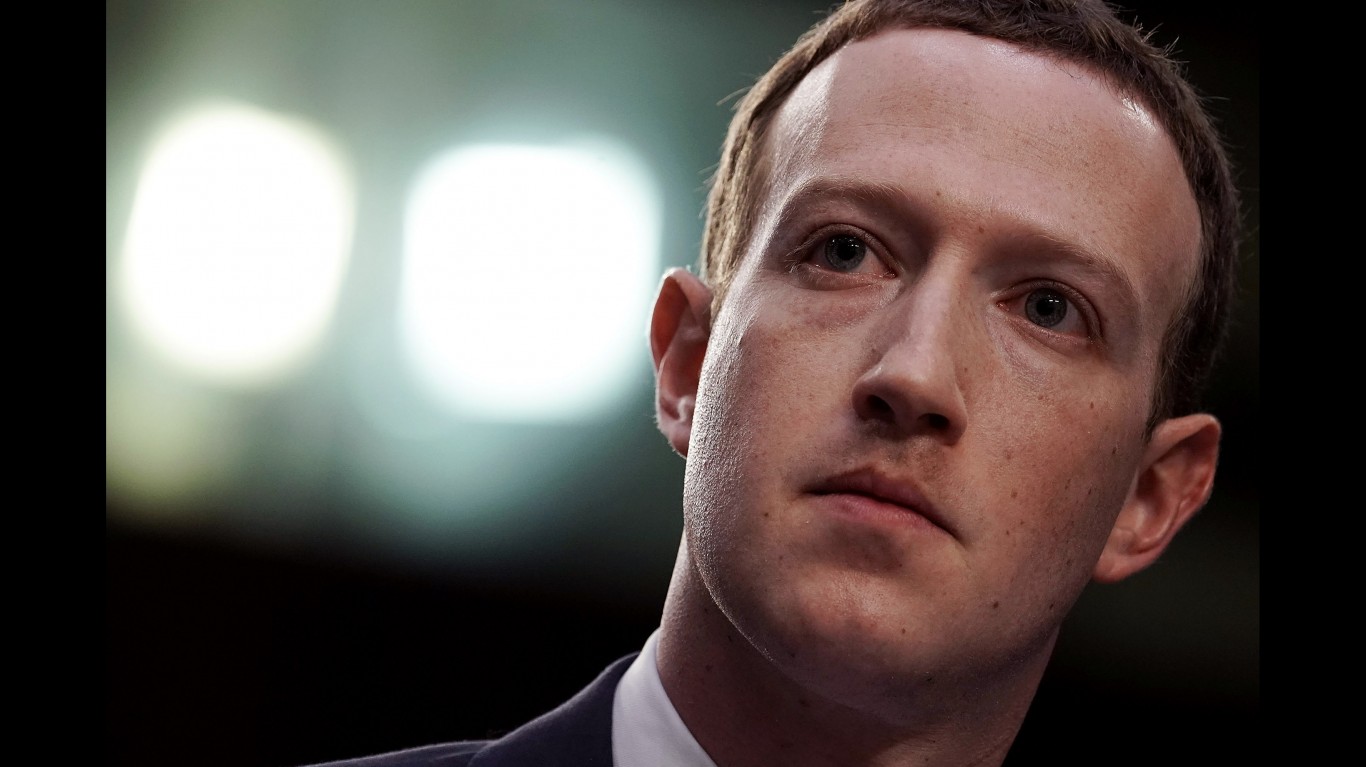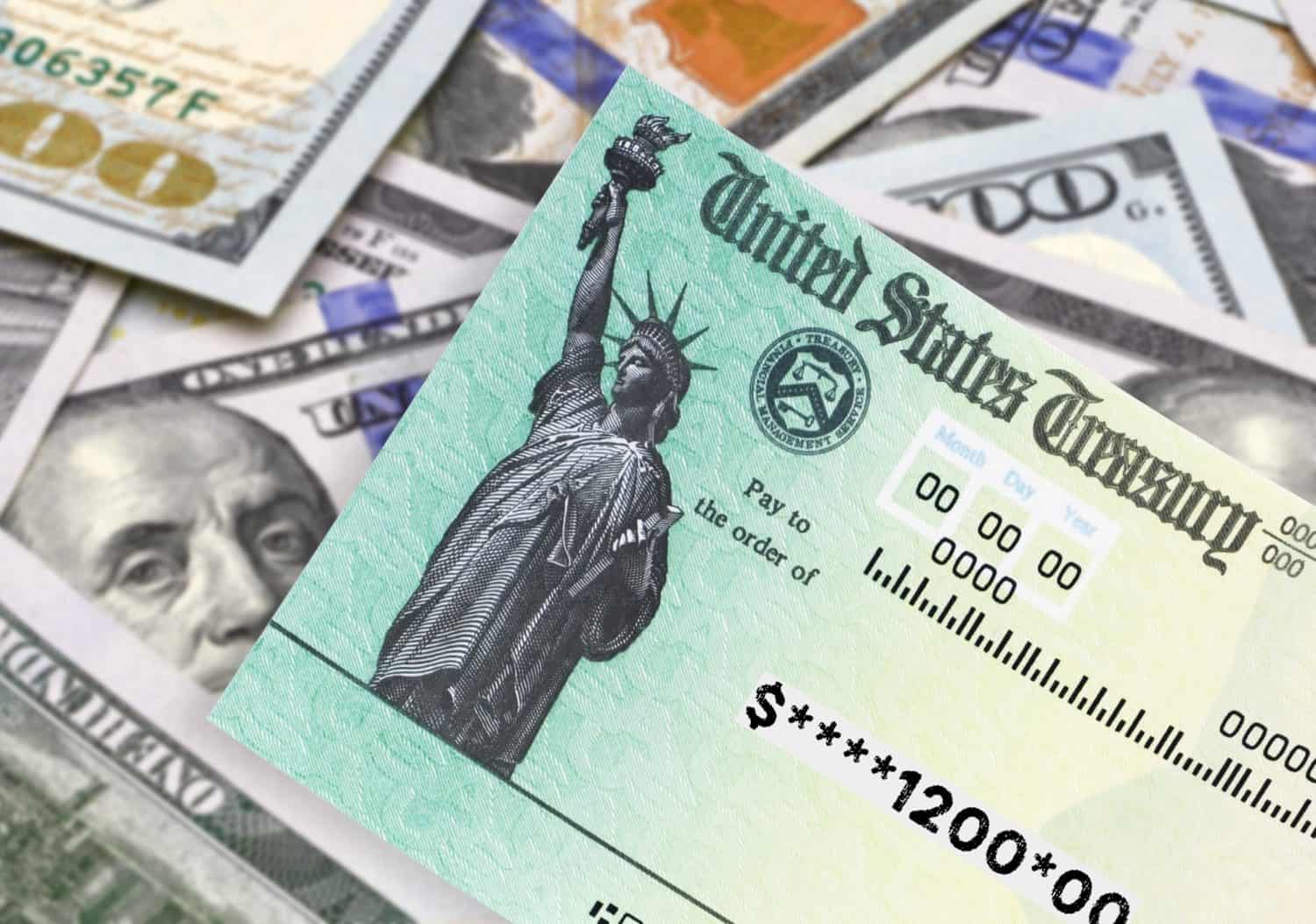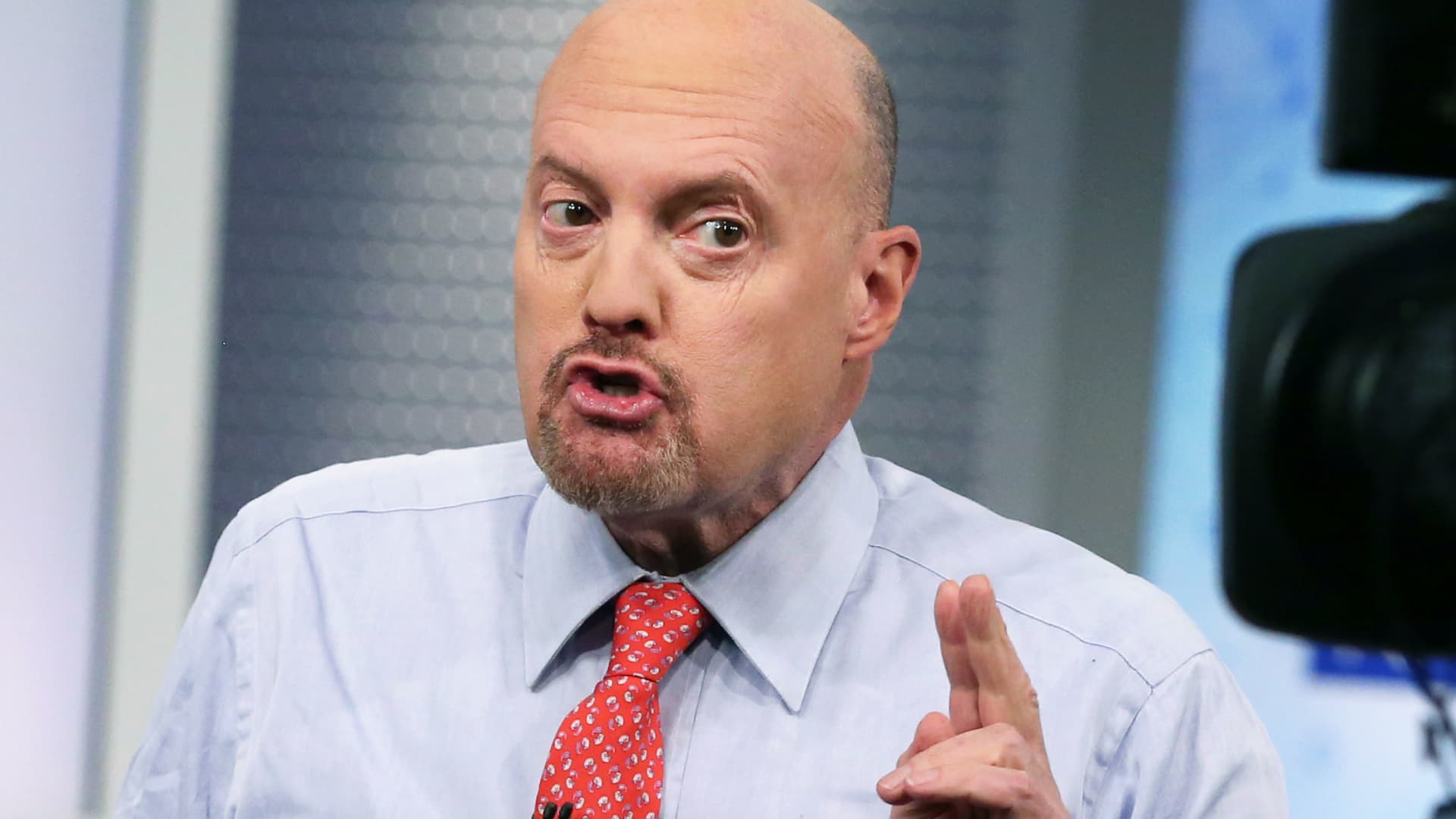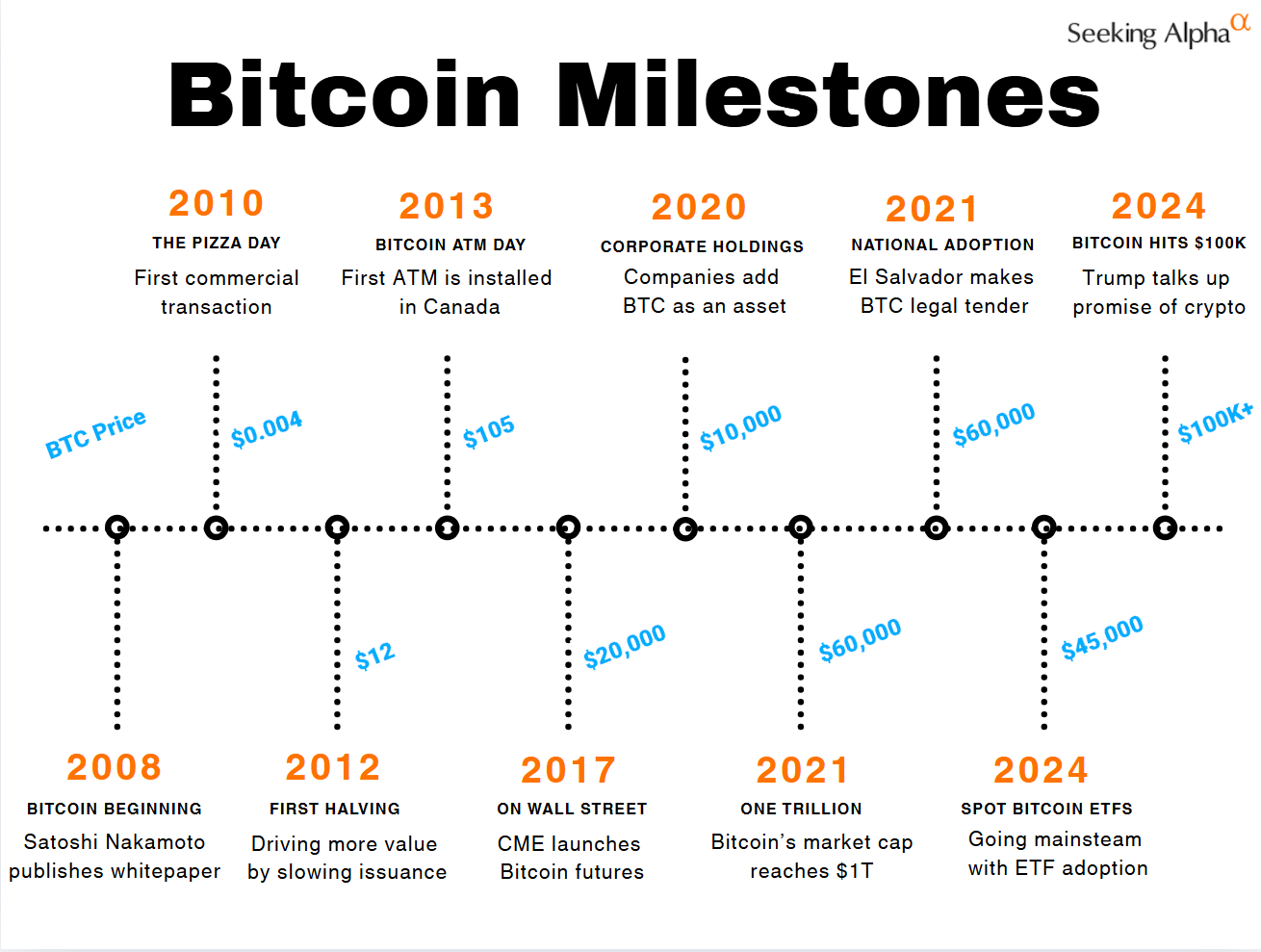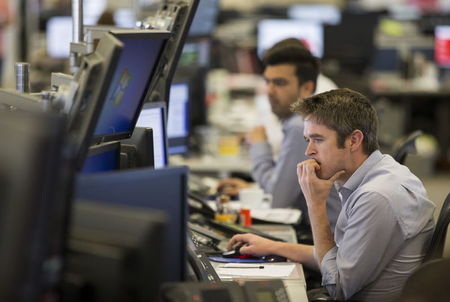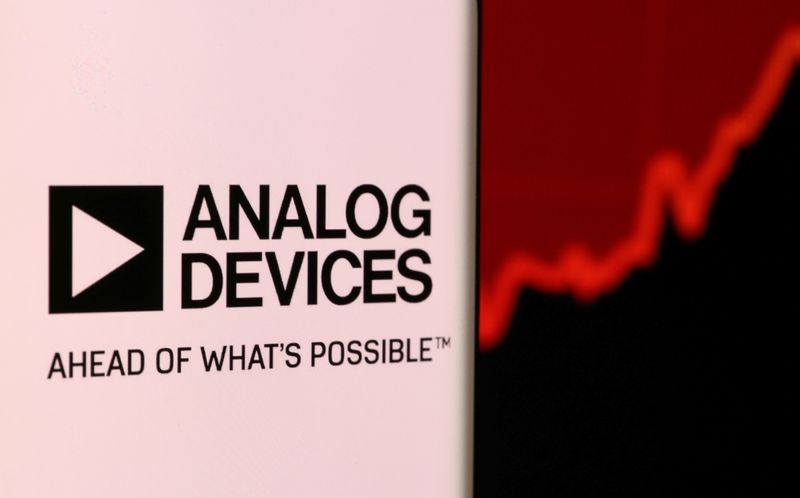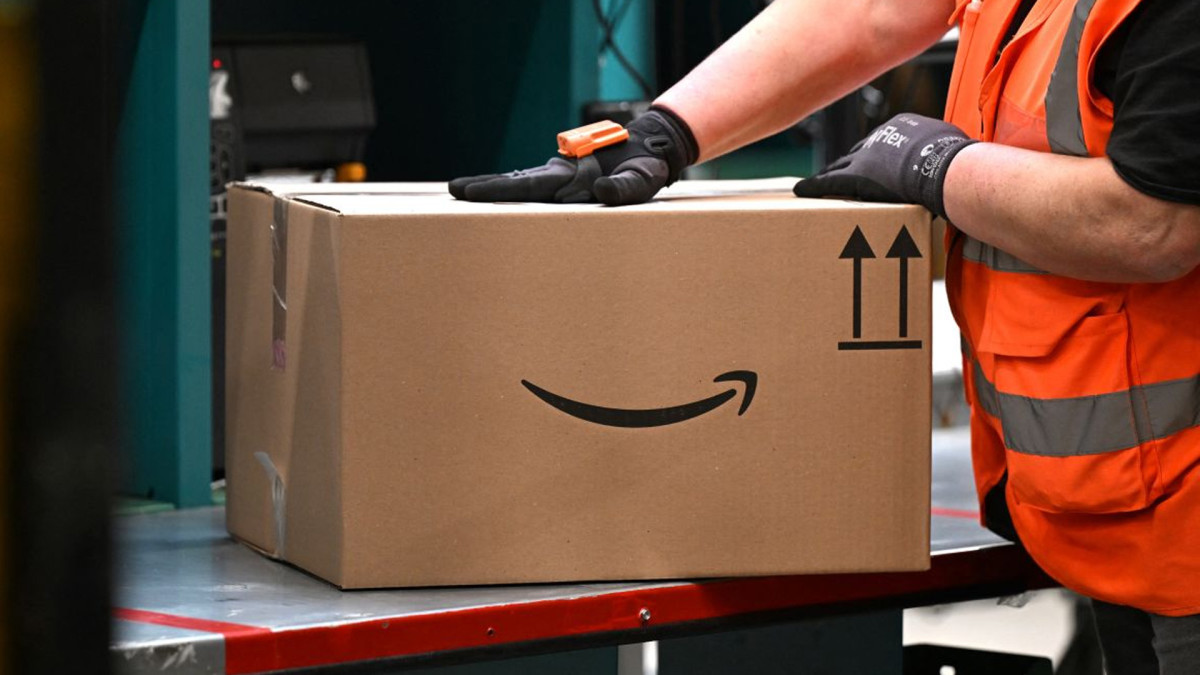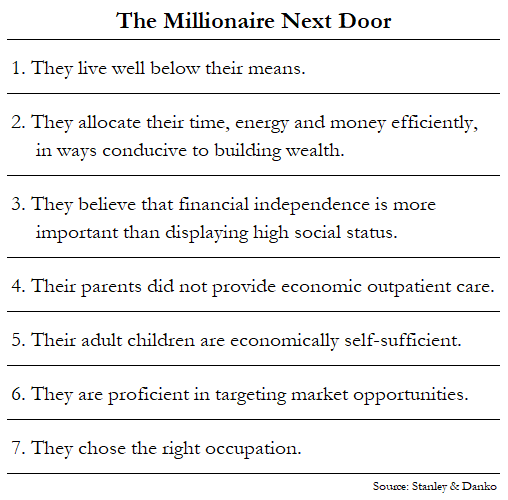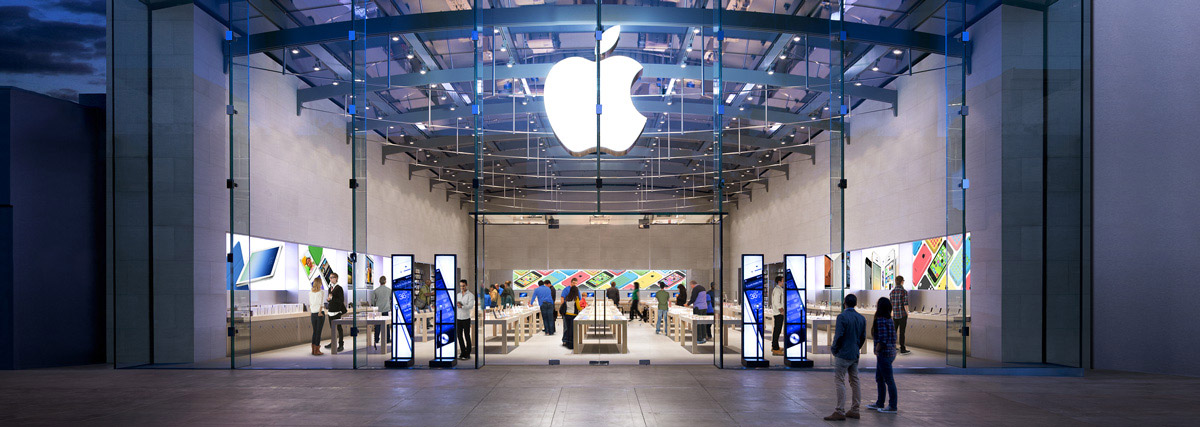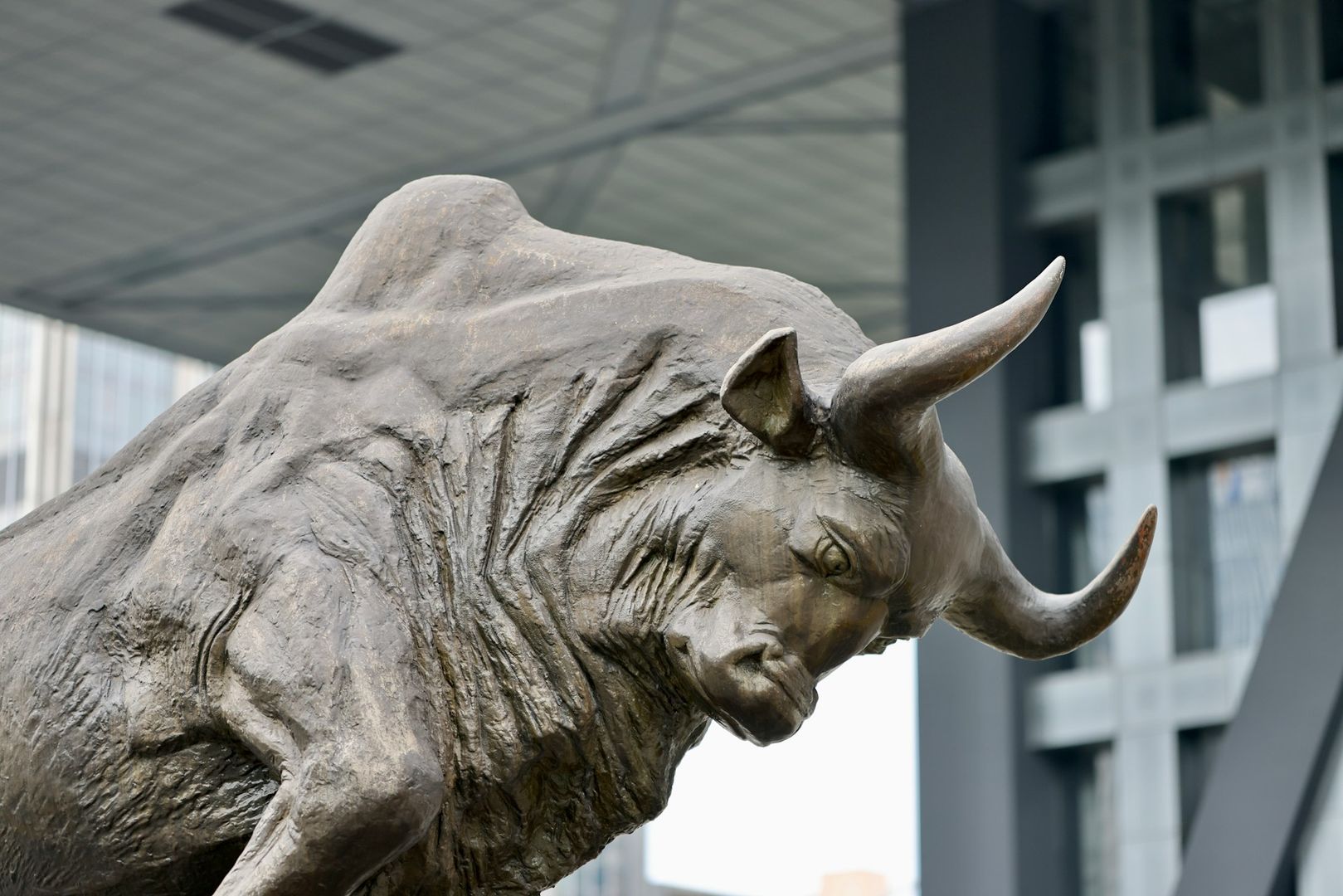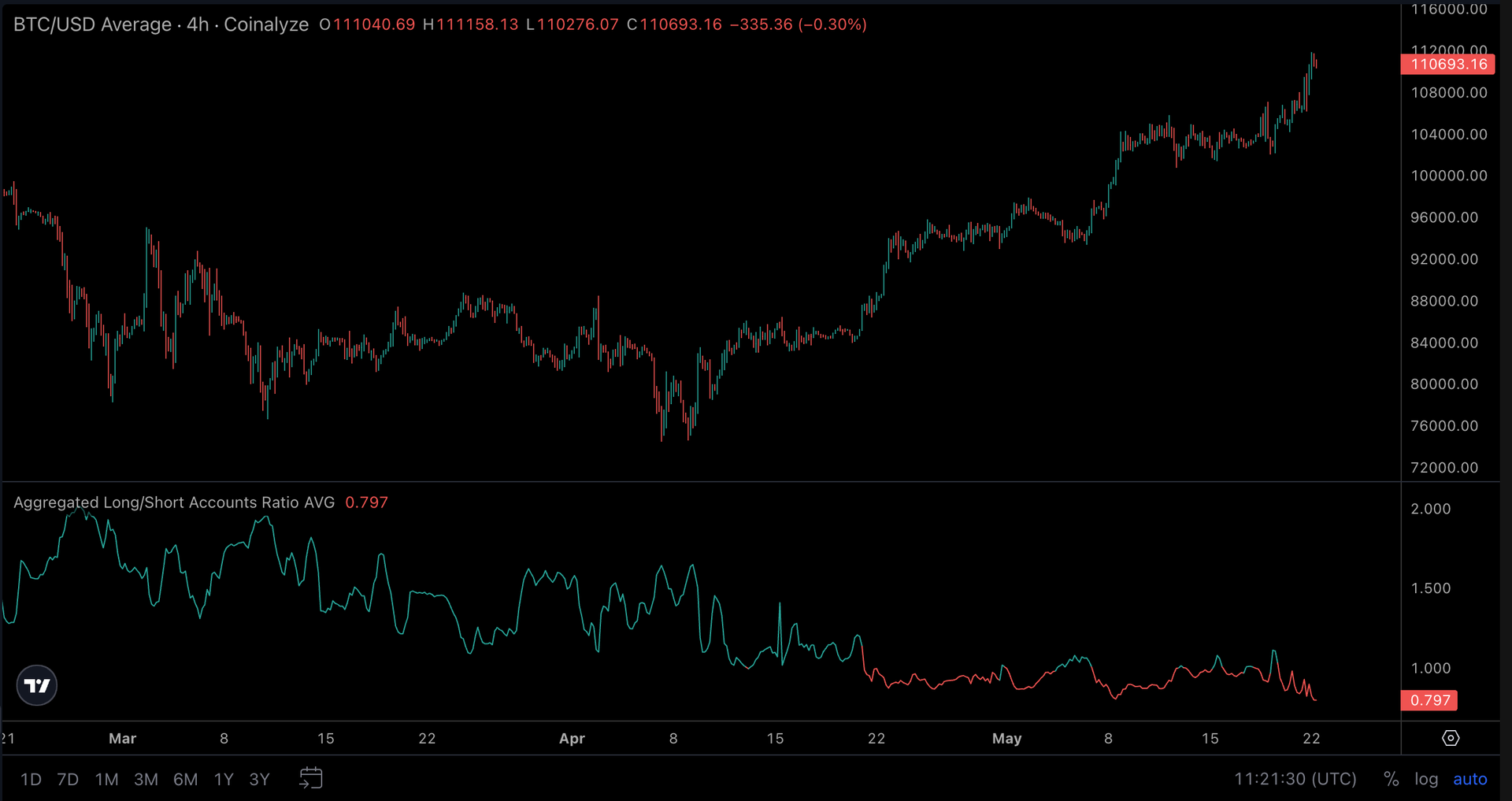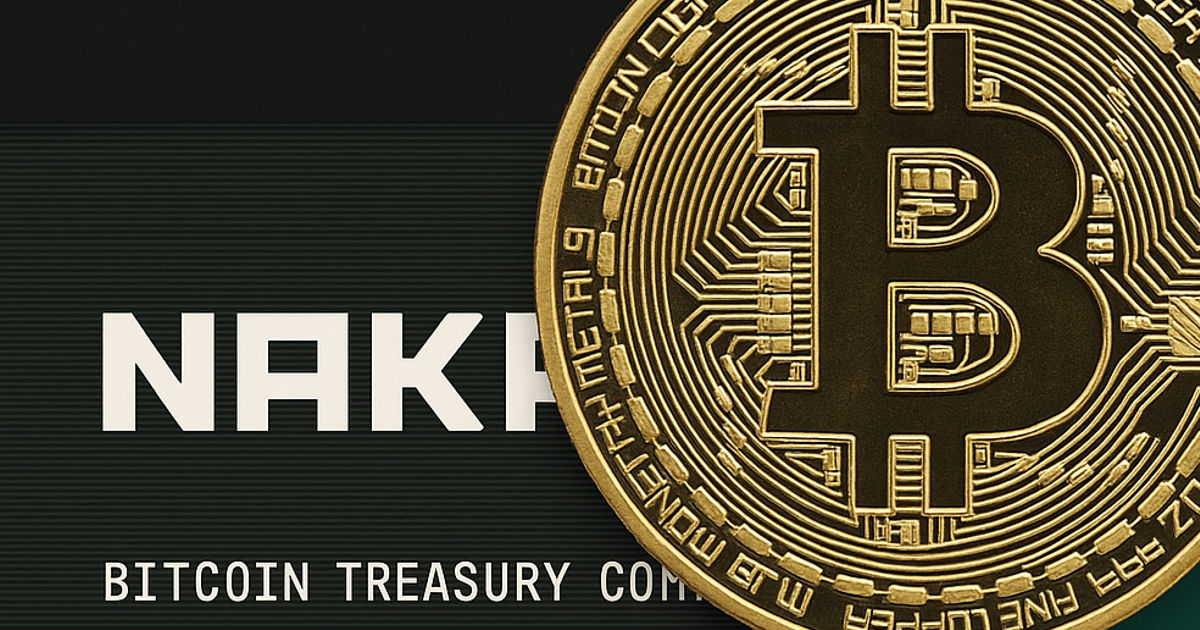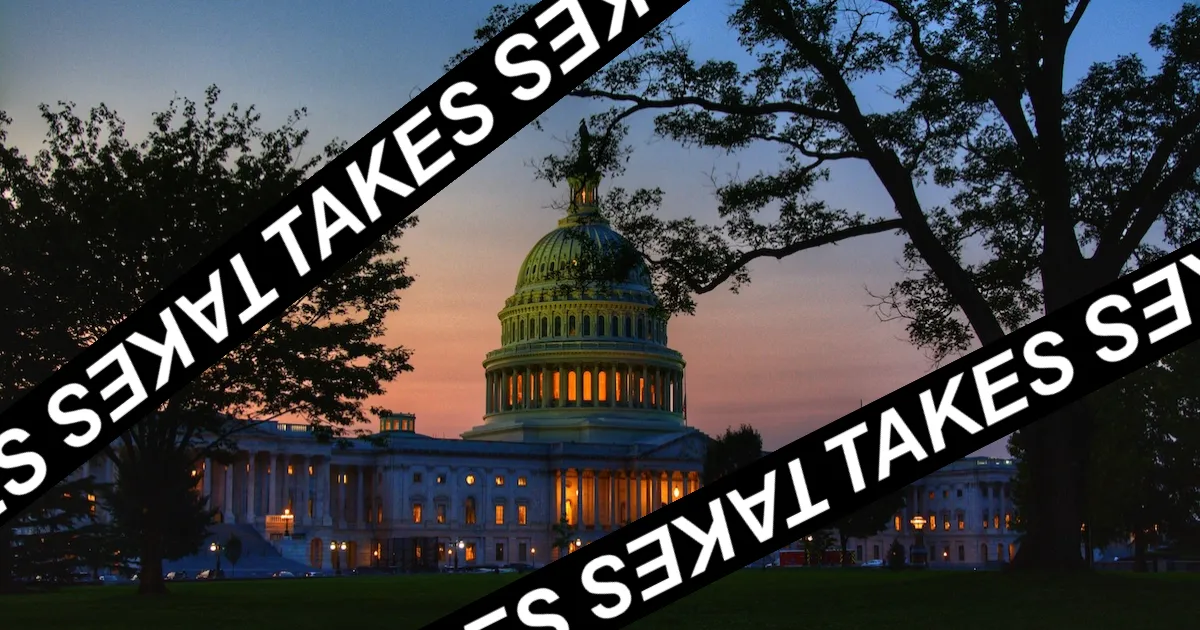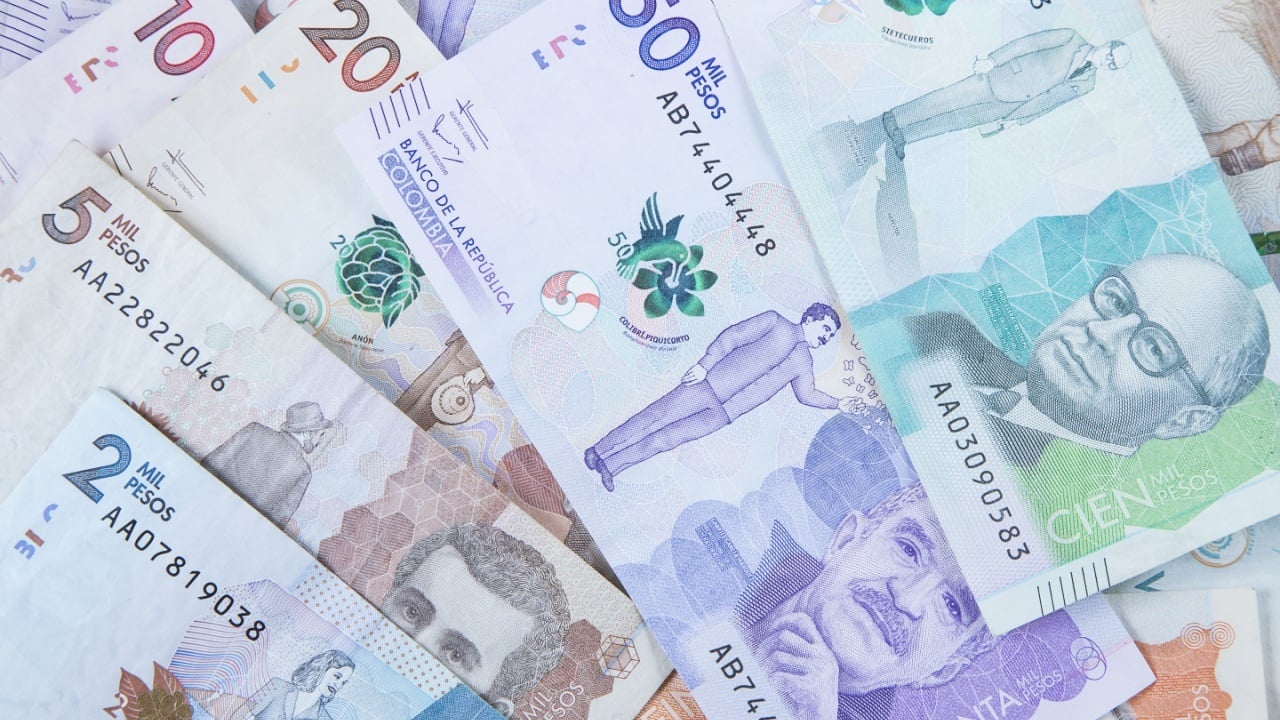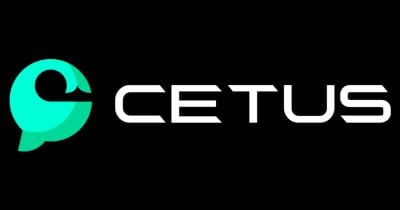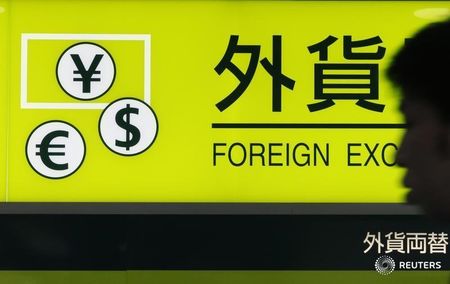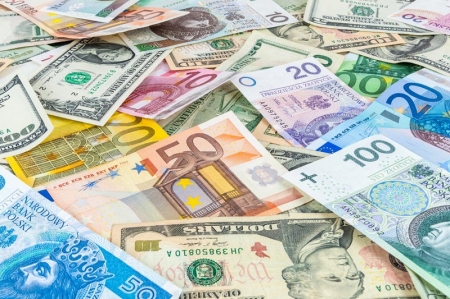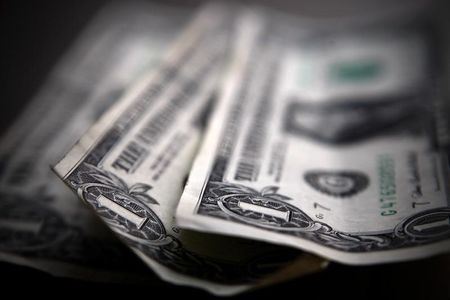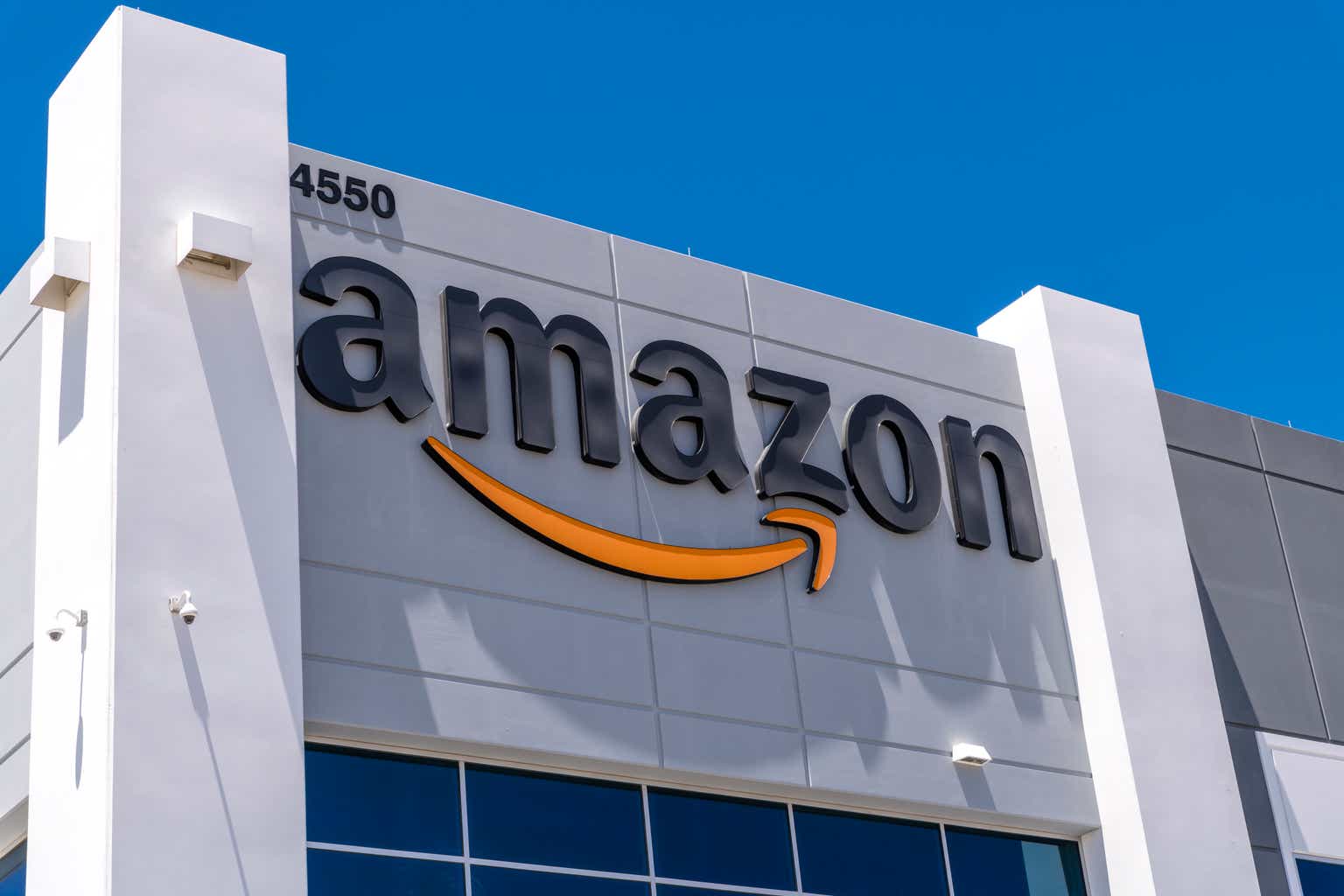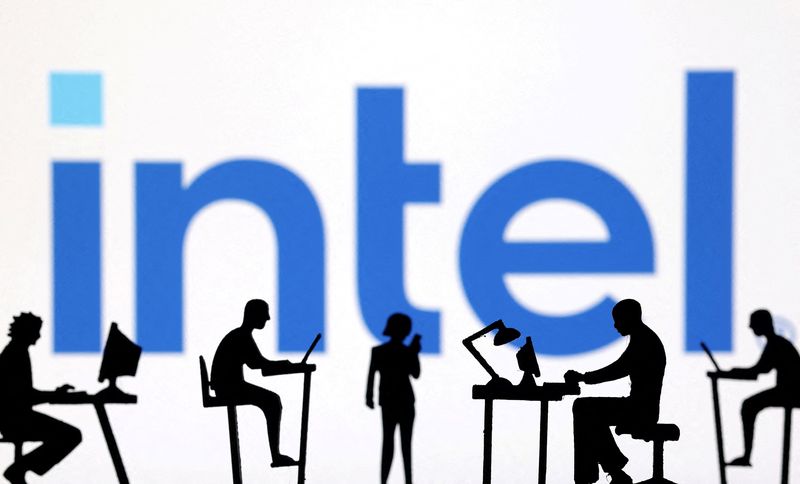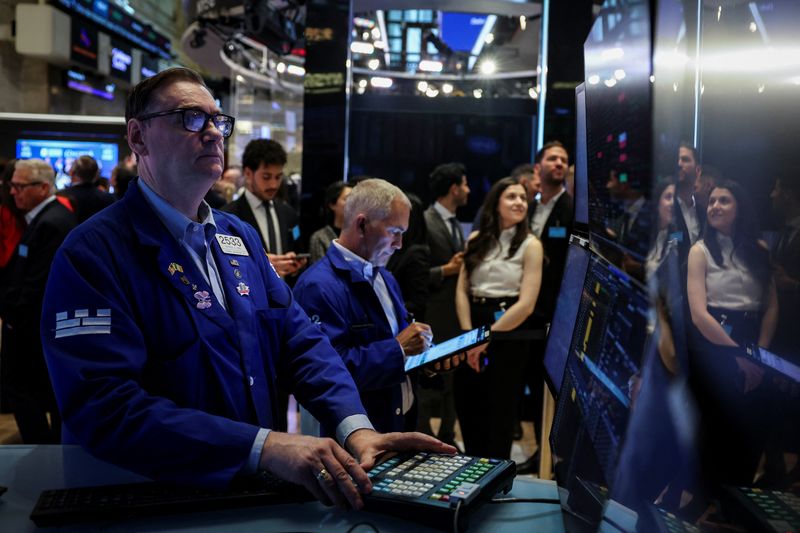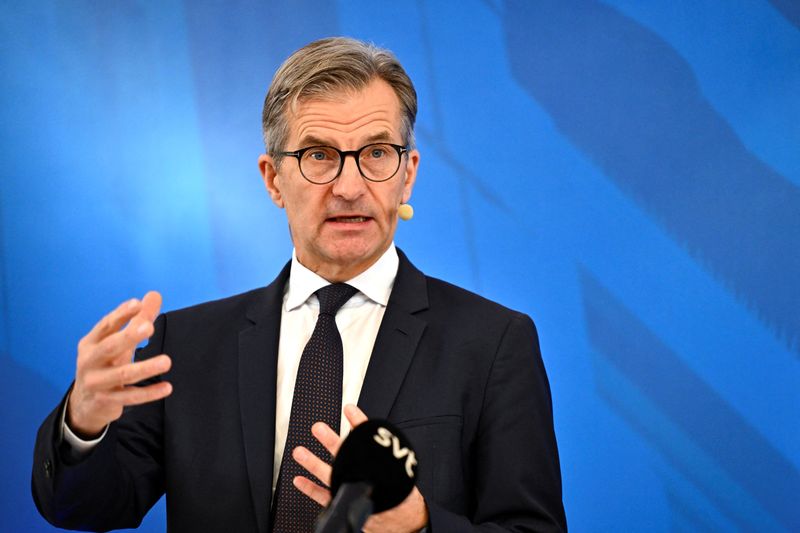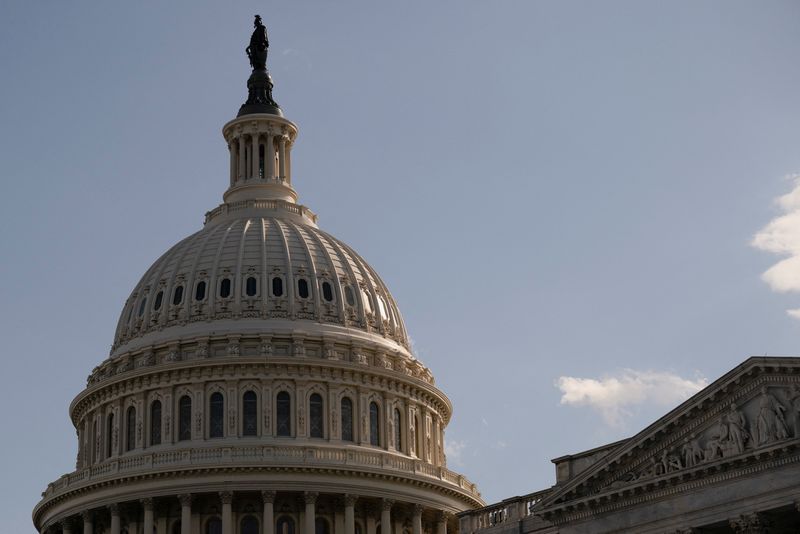Jensen Huang blasts U.S. curbs on the sale of Nvidia chips to China: ‘Export control was a failure’
Since the start of the Biden administration, Nvidia's market share in China has plummeted from 95% to 50%.
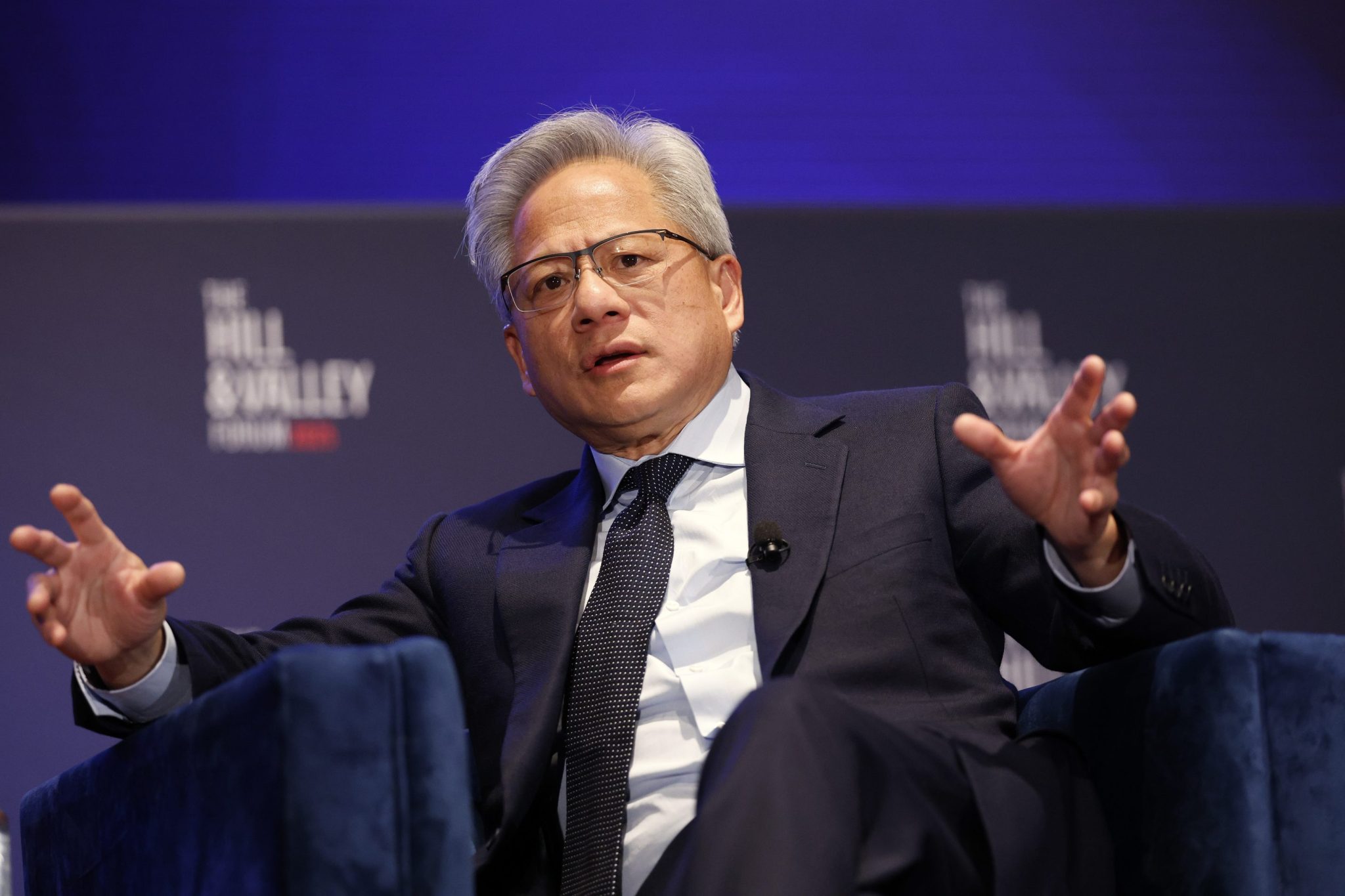
- Nvidia CEO Jensen Huang criticized U.S. export controls blocking the sale of its AI chips to China. Last month, the chipmaker noted a $5.5 billion write-down to its inventory, after the U.S. demanded companies get a license to sell their AI chips to China. Since President Joe Biden took office, Nvidia’s market share plummeted from 95% to 50%.
As the U.S. government has tried to limit Chinese access to state-of-the-art computer chips, Nvidia CEO Jensen Huang called the export curbs a “failure” during a tech forum in Taipei on Wednesday.
Dating back to the Biden administration, the U.S. has continuously attempted to subdue China’s technological advancements by restricting access to semiconductors through export restrictions. Huang said this week the move has had the impact of spurring the Chinese into action on AI and supercomputing.
“The local companies are very, very talented and very determined, and the export control gave them the spirit, the energy and the government support to accelerate their development,” Huang told the media during the Computex show in Taipei. “I think, all in all, the export control was a failure,” Huang said.
Beginning in 2022, the U.S. Department of Commerce implemented new criteria for some AI chips by restricting their exportation to China. The move was in an effort to “keep advanced technologies out of the wrong hands,” a spokesperson told Reuters three years ago. To get around these restrictions, Nvidia downgraded one of its chips to make it less powerful. Fast forward to last month, the chipmaker said the U.S. demanded a license for some of its AI chips, contributing to a $5.5 billion charge on inventory slated for sale, according to an 8-K filing.
Nvidia’s command of the Chinese AI chip market has declined significantly since the progressive tightening began. According to Huang, when former President Joe Biden took office the chipmaker held a 95% share in the market. In the years since, it has declined to 50%.
“China has a vibrant technology ecosystem, and it’s very important to realize that China has 50% of the world’s AI researchers, and China is incredibly good at software,” Huang said.
“AI researchers are still doing AI research in China. If they don’t have enough Nvidia, they will use their own,” Huang added.
Nvidia declined to comment further on Huang’s remarks.
While the global demand for Nvidia chips remains strong, Huang was in the Gulf region during President Donald Trump’s visit as the administration closed multibillion-dollar deals with Saudi Arabia and the United Arab Emirates to sell chips. Trump administration officials think these deals will strengthen AI in the U.S. to catapult it ahead in the AI race.
“President Trump said very publicly he would like Nvidia to sell as many GPUs as possible all around the world,” Huang said. Additionally, Huang noted how important it was that China’s AI developers work on systems made by the company “or at least on American technology.”
The White House and the Department of Commerce did not respond to Fortune’s request for comment.
This story was originally featured on Fortune.com





